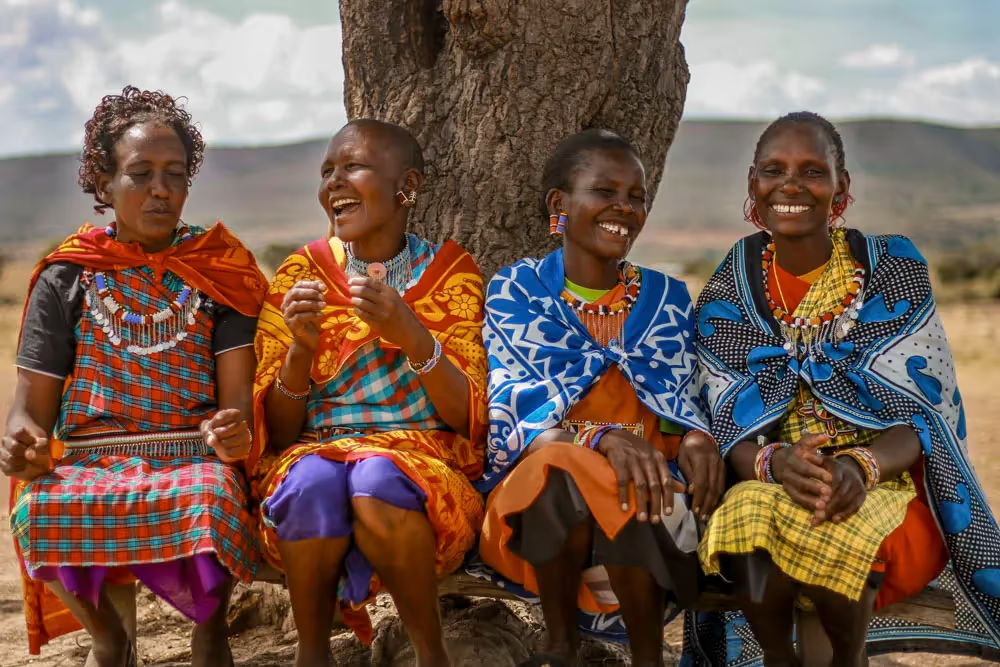

A social enterprise is a purpose-driven business that focuses, primarily, on delivering social missions and creating impact rather than just profits. It can generate funds for charity, create meaningful employment, offer programs, or raise awareness for philanthropic causes.
By using innovative business strategies, social enterprises address major social and environmental challenges, often exceeding what traditional charities can achieve. They forge strong partnerships with the business sector, using corporate networks to amplify their impact.
In 2010, Marc and his team founded a social enterprise that empowered underserved rural communities globally through the sale of artisan products and Fairtrade coffee and chocolate, lifting families out of poverty.
By using innovative business strategies, social enterprises address major social and environmental challenges, often exceeding what traditional charities can achieve.
Artisanal products were sold through major retailers, often allowing customers to see directly how their purchase made an impact. Under the innovative model, which began with just 20 artisans, women who once spent their days fetching water, farming, and doing whatever they could to survive and support their families were able to follow their dreams as entrepreneurs and artists.
Partnerships were established with artisans in Kenya and Ecuador, empowering women to build a brighter future for themselves, their families, and communities. Women were able to earn twice as much as what is considered a fair wage in their country without giving up their traditional way of life. In total, over 1,500 jobs were created for women.
The operation also offered small-business training for marginalized women to further develop a source of income to support their families, empowering female artisans in Kenya and Ecuador with financial literacy skills.